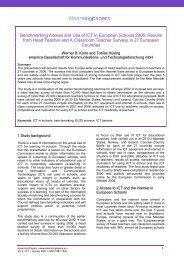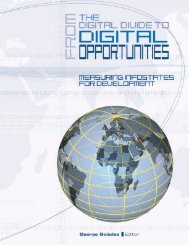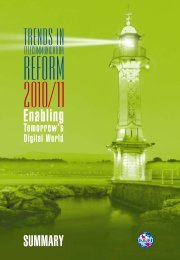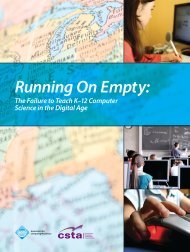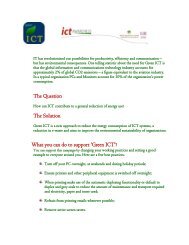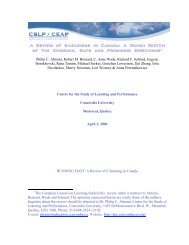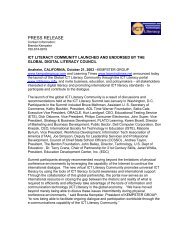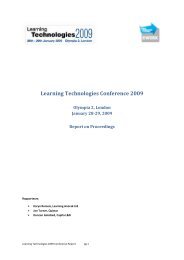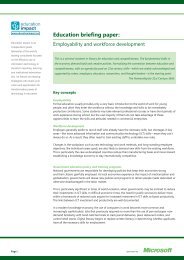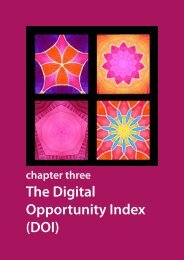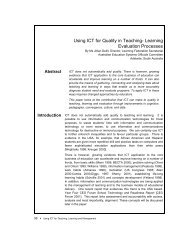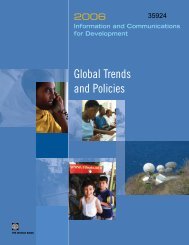Social Media - A guide for researchers - ICT Digital Literacy
Social Media - A guide for researchers - ICT Digital Literacy
Social Media - A guide for researchers - ICT Digital Literacy
Create successful ePaper yourself
Turn your PDF publications into a flip-book with our unique Google optimized e-Paper software.
ii. Creation of knowledge<br />
<strong>Social</strong> media are entering the world of research slowly but with some surprising results. For some<br />
<strong>researchers</strong>, the idea that social media and tools might have a value in research may come as a surprise.<br />
The generation of data, whether in the laboratory or the library, is often seen as the main aspect of the<br />
job. Literature searches, publication and dissemination are important, but why would you need social<br />
media, especially when there are real risks in communicating what you are doing while you are doing it?<br />
Moving findings into the public domain be<strong>for</strong>e they are ready can endanger your ability to publish and<br />
potentially provide people with ammunition that they can use against you. Why make your mistakes in<br />
public? Despite the risks however, there can be real benefits <strong>for</strong> <strong>researchers</strong> who feel able to share ideas<br />
and to draw on others <strong>for</strong> advice. As ever, it is a question of balance and of building positive relationships<br />
with your collaborators.<br />
Researchers are right to have concerns about online disclosure of unpublished materials. But the benefits<br />
can include:<br />
• more effective collaboration<br />
• opportunities to <strong>for</strong>ge new collaborations and benefit from the experience of others<br />
• drawing in expertise to help with research processes (use of techniques, methods and analysis)<br />
• receiving feedback as you go rather than waiting until you reach high stakes moments like submitting<br />
to journals and presenting conference papers<br />
• raising the profile of your work more rapidly than conventional academic publishing allows.<br />
‘<br />
Last week, I needed to know why my cells were dying in culture. For some reason they just<br />
weren’t growing. So I posted my question on Facebook asking if someone knew how to<br />
look after a certain set of cells. A friend got back to me and told me to double the use of<br />
my foetal calf serum in my media. Once I did that, it worked a treat.<br />
Alexander Davenport (Research Assistant, Hemato-oncology)<br />
‘<br />
Managing the balance between openness and disclosure requires you to think carefully about how you<br />
work and what you are trying to achieve. There is no right or wrong answer here.<br />
18



